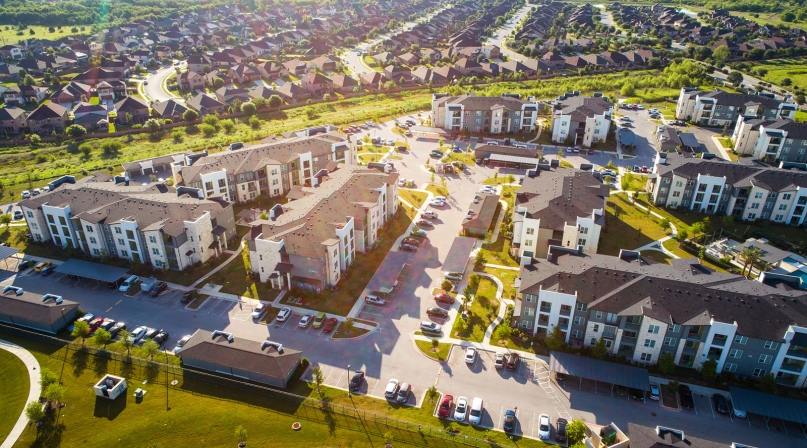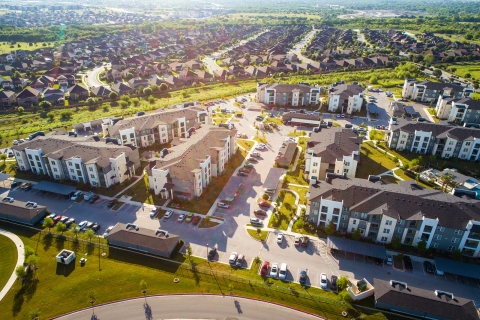HUD issues final regulation on affordable housing rule important to counties
Upcoming Events
Related News

Key Takeaways
On July 23, U.S. Department of Housing and Urban Development (HUD) Secretary Ben Carson announced that HUD will terminate the 2015 Obama Administration’s Affirmatively Furthering Fair Housing (AFFH) regulation. The 2015 AFFH rule required local governments receiving HUD-administered grants to implement housing plans that improve fair housing outcomes for residents. HUD’s new fair housing final rule titled Preserving Community and Neighborhood Choice broadly defines “fair housing” as housing that is affordable, safe, decent, free of unlawful discrimination and accessible under civil rights laws, and “affirmatively furthering fair housing” as any action that promotes any of the above attributes of fair housing.
In 2018, HUD eliminated the Obama Administration’s Assessment of Fair Housing (AFH) tool to implement reporting requirements of the AFFH rule. NACo submitted comments expressing concerns with the financial and administrative burdens the AFH reporting requirements would impose on counties. HUD’s elimination of the assessment tool was based on the department’s findings that few submissions met the new required standards, as well as HUD’s limited capacity to provide technical assistance on all submissions.
According to HUD, a grantee’s certification that it has affirmatively furthered fair housing would now be deemed sufficient if it proposes to take any action above what is required to promote fair housing. HUD officials indicated that the agency would still be able to discontinue funding for any jurisdiction it finds has not adhered to the affordable housing guidelines under the AFFH rule.
On March 16, NACo submitted comments to HUD on its proposed rule to revise the AFFH rule. HUD’s proposed rule would have changed the goals for AFFH and enacted new measures to evaluate HUD grantees’ activities, placing new emphasis on removing existing regulations around housing production.
NACo’s comments emphasized the need for clear guidelines around requirements for AFFH grantees; fair and equitable oversight by AFFH grantees’ plans and activities; and the importance of promoting the goals of the Fair Housing Act for AFFH grantees. With respect to the proposed ranking requirements and oversight requirements, NACo comments urged the agency to release a new proposed rule for public comment prior to enacting those measures.
Rather than updating the 2015 AFFH rule as initially proposed, HUD instead will end the rule completely. Termination of the AFFH rule may have significant impact on counties, which administer major federal housing programs including the Community Development Block Grant (CDBG), HOME Investment Partnerships and the Homelessness Assistance Program, and play a central role in ensuring access to fair housing at the local level. Once effective, HUD grantees that attest to affirmatively further fair housing would be deemed sufficient by HUD. The finalized regulation could offer additional flexibility to local governments including counties in ensuring fair housing and providing affordable housing opportunities in their jurisdictions. The rule becomes effective 30 days after its publication in the Federal Register.
For additional NACo resources on affordable housing, please see the following links:
- NACo submits comments on proposal to update fair housing rule (NACo blog)
- NACo comment submission on the AFFH proposed rule (NACo comments)

Attachments
Related News

Chamber of commerce program helps keep workers on the job
Audrain County, Mo.'s Workforce Resource Assistance Program has helped employers keep staff in place, reducing turnover and promoting stability.

County leadership guides shared prosperity
There’s no chicken-or-egg debate: Economic mobility is not just a byproduct of growth — it is the result of intentional county governance.

Inland port offers opportunity for Hertford County, N.C.
Hertford County, N.C. doesn’t have a lighthouse, but that hasn’t stopped its economic future from shining thanks to what became known as Project Green Lantern.